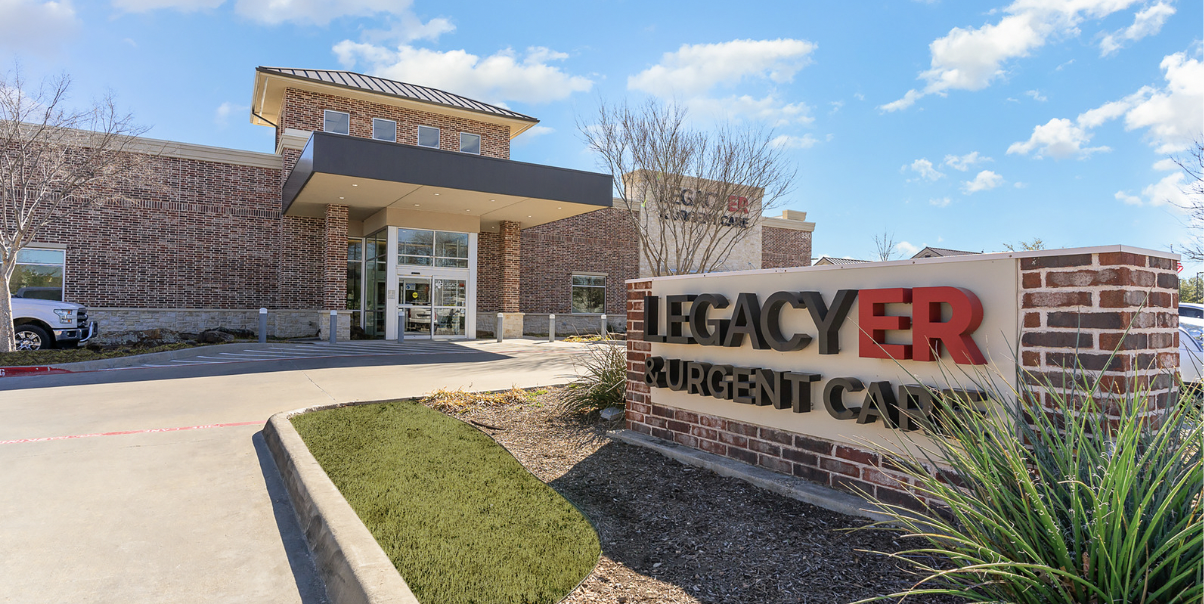What Is Mono
- Category: Conditions
- Posted On:
- Written By: Jay Woody

Also known as the kissing disease, mononucleosis, or mono, for short, is an infectious illness caused by the Epstein-Barr virus (EBV). As the nickname suggests, it is transmittable through kissing. However, people can also get it through shared silverware, glasses, and other means.
While it is not a serious disease, complications can arise if the patient is not careful.
How Common Is Mono?
About 95% of the population is estimated to have been infected by the Epstein-Barr virus before 35 years old. Not all infections develop the symptoms of mono, and some people carry the virus without knowing it. That makes avoiding it more difficult.
Who Can Get Infected With Mono?
Anyone and everyone can get mono. But there are two main age groups when it is the most common:
- Early school-age children
- Young adulthood
Young kids are usually asymptomatic. That means they have the virus but do not show any signs or symptoms. They are still carriers and can infect other people.
Teenagers and early 20s are the most likely to get mono. About 25% of people in that age group get infected and show symptoms.
While those are the most common, everyone is susceptible to mono.
How Mono Transfers to Other People
The Epstein-Barr virus is very contagious, so Mono can spread quickly between people. It is picked up through direct contact with infected bodily fluids, including saliva. Other ways it can spread include:
- Kissing
- Sexual activity
- Coughing
- Sneezing
- Sharing of utensils
- Sharing food
- Blood transfusions
- Organ transplant
When you come into contact with the bodily fluid of an infected person, you will most probably get mono.
Can You Get Mono More Than Once?
One of the most common questions about mono is the frequency you can get it. The virus will stay in the body even after the symptoms of mono go away. It is inactive, and most people develop the disease just once.
The virus can reactivate, but it would rarely cause the symptoms to return. It can mean that the person is an asymptomatic carrier and spreads the virus to other people. If a person with a weakened immune system comes into contact, they can develop the symptoms.
Symptoms of Mono
The symptoms of mono can vary from person to person. It depends on if the infection is mild or severe. These develop gradually within six weeks of coming into contact. The common symptoms include:
- Extreme fatigue
- High fever
- An enlarged spleen or liver
- Loss of appetite
- Weakness of the muscles
- Rashes
- Headaches
- Sore throat
- Swelling of the lymph nodes located in the armpits, neck, or groin

Diagnosing Mono
Mono diagnosis includes a blood test to see if antibodies against the Epstein-Barr virus are present. A high number of white blood cells can also indicate an infection.
How Is Mono Treatment Done?
As of this writing, there is no direct cure or vaccine against mono. Antibiotics do not work against this virus. Therefore, mono treatment focuses on relieving the symptoms. These include:
- Getting a lot of rest to help the body fight the infection
- Drinking plenty of fluids to prevent dehydration
- Using nonsteroidal anti-inflammatory drugs to ease inflammation, fever, and muscle aches.
- Taking lozenges for sore throat
Avoid doing physical activities, especially contact sports, if you have mono. The enlarged spleen can rupture if not careful.
Visit Legacy ER & Urgent Care for Complications With Mono
While mono symptoms improve over a few weeks, some complications could arise. The biggest concern is a ruptured spleen. That organ is responsible for filtering blood in the body; if it bursts, it can bleed into the abdomen.
Legacy ER & Urgent Care is here to meet your medical care needs by providing affordable pricing and quality care. As part of Intuitive Health’s innovative hybrid model ER and urgent care system, patients are only billed for the level of care they receive by professional and highly trained medical staff. With six facilities located in the Dallas-Fort Worth metroplex, emergent and non-emergent care are accessible and transparent, focusing on superb customer service.

Legacy ER & Urgent Care has six convenient locations in the DFW area:
- Allen – Legacy ER & Urgent Care is located at 1310 W. Exchange Pkwy Allen, TX 75013, and may be reached at 972-526-5819.
- Coppell – Legacy ER & Urgent Care is located at 330 S Denton Tap Rd Coppell, TX 75019 and may be reached at 469-702-9917.
- Frisco East – Legacy ER & Urgent Care is located at 16151 Eldorado Pkwy Frisco, TX 75035 and may be reached at 972-526-7009.
- Frisco West – Legacy ER & Urgent Care is located at 9205 Legacy Dr. Frisco, TX 75033, and may be reached at 972-526-7020.
- McKinney – Legacy ER & Urgent Care is located at 2810 Hardin Blvd McKinney, TX 75072 and may be reached at 972-573-6688.
- North Richland Hills – Legacy ER & Urgent Care is located at 8950 N. Tarrant Pkwy North Richland Hills, TX 76182, and may be reached at 817-663-1247
